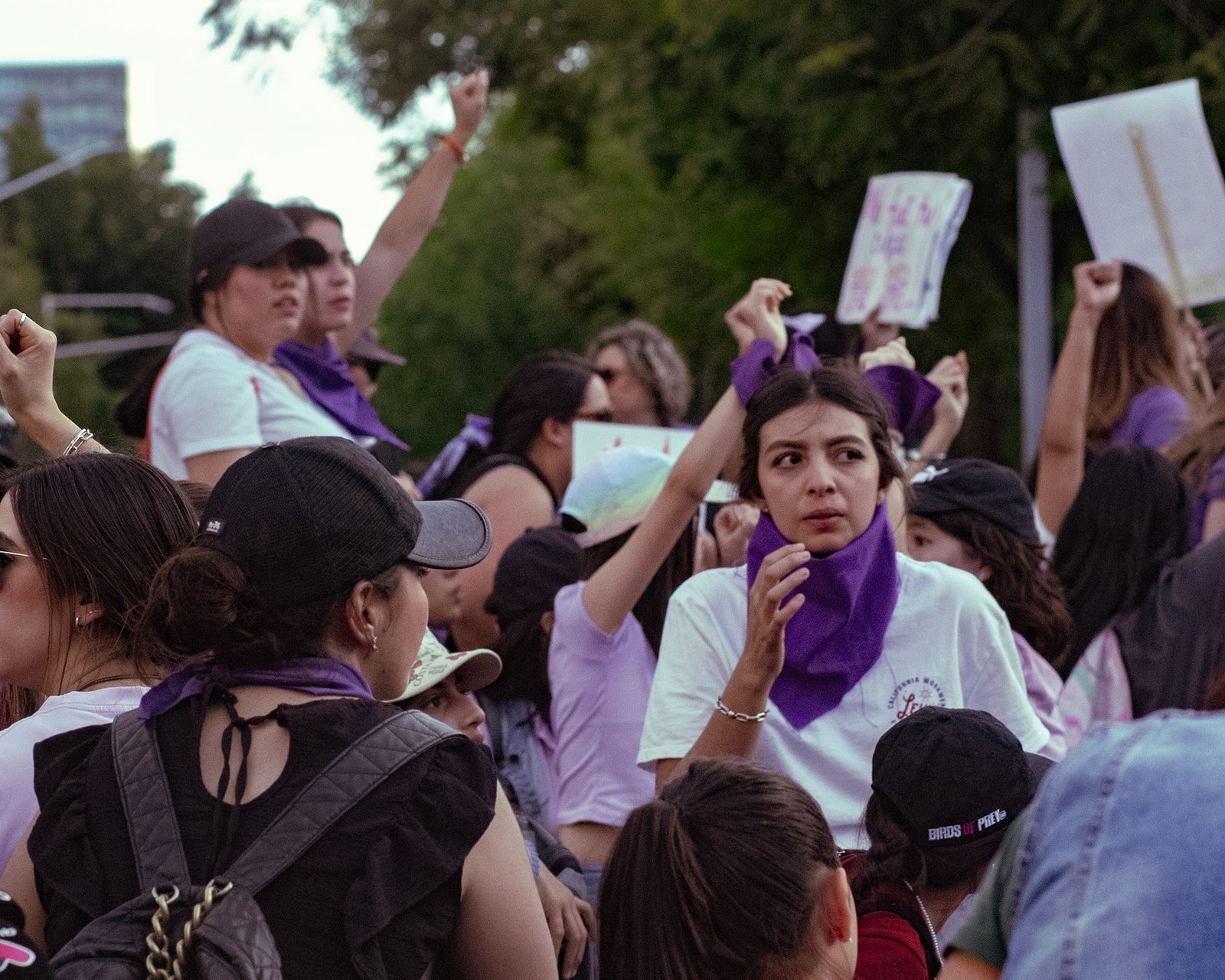Fifty years since the United Nations designated March 8th as international women’s day in 1975, women’s rights are still under considerable threat in many parts of the world.
In Mexico, the holiday has become a day of national protest for scores of women across the country, who take to the streets every year to express solidarity with each other and their rage against a historically misogynist culture and cynical authorities, who have been presiding over one of the bloodiest periods of gender violence in the cradle of ‘machismo’.
Cases of femicide in Mexico have exploded by nearly 130% since 2015, and the prevalence of gender violence against women reached unprecedented levels in 2022, with 27 of the 33 states recording an increase in cases of sexual and domestic violence against women.
Distinct from general homicide statistics, femicide must meet a specific a set of criteria to be categorized as such and is typically associated with blunt force trauma, strangulation and other forms of fatal aggression by a male perpetrator.
Social apathy and indifference by the state over the years has given rise to several radicalized women’s groups, that make their presence felt every year with acts of civil disobedience and vandalism during the marches
Despite the progressive rhetoric of the ruling party, Morena, and lip service to the movement during the recently-concluded presidency of Andrés Manuel Lopez Obrador, his administration cut funding to 26 programs intended to help victims of sexual violence and other women’s issues.
Yesterday, the United States elected an enemy of women’s rights as president for a second time. Donald Trump has rolled back decades of progress for women’s issues and will enter a second term in office accompanied by a cadre of misogynist throwbacks, who want nothing less than the complete upending of any gains made over the last century for social justice and gender equality.
The results of the American election has implications for the whole world and for Mexico, in particular. This past October, Claudia Sheinbaum Pardo took AMLO’s place as the first female president of Mexico in a landslide victory for the left, that handed Morena a majority in both houses of congress, as well.
It remains to be seen if the first woman head of state in North America will revitalize the programs cut by AMLO or otherwise offer more government support to women’s causes in Mexico. But, Trump’s return to power has broadened the historic potential of her presidency beyond the merely symbolic broken glass ceiling.
If she so chooses, Sheinbaum Pardo could nurture Mexico’s radical feminist and women’s rights movements by incorporating their grievances into real legislative action to help transform the social and economic landscape for all women in the country, and build a powerful counterweight to the patriarchal fascism taking root north of the border.
Cover Image: March 8, 2023 – Guadalajara, Jalisco | Women gathered on Chapultepec avenue to march against gender violence and for women’s rights in Mexico’s second largest city. Jalisco has one of the highest rates of gender violence in the country, with over 70% of women over 15 reporting at least one incident during their lives. Photo Credit: Raul Diego Medina







